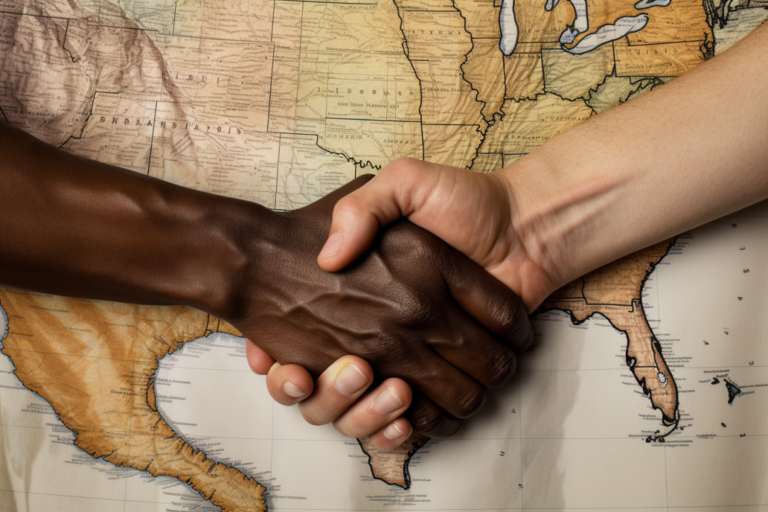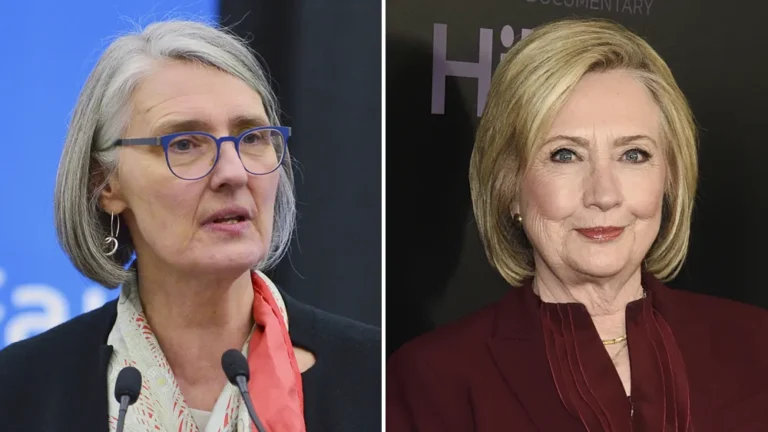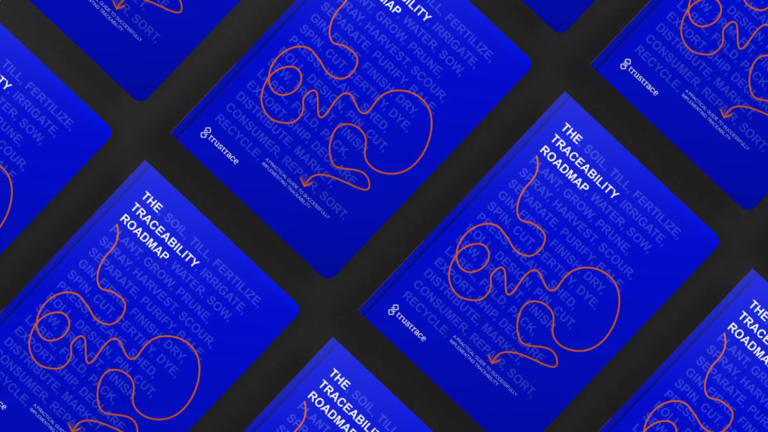Legacy Language Political Weapon: Unmasking Political Manipulation
Legacy language is a political weapon used throughout history to manipulate and control people, with examples of its use seen in the Vedic, Medieval, British, and Pakistani eras. This weaponization of language has been used to subjugate others and maintain power dynamics in societies.

Credit: marvel.fandom.com
Language As A Political Tool
Language as a Political ToolLanguage has long been recognized as a critical tool in the realm of politics, serving as a means to shape statehood and achieve political aims. The intricate relationship between language and politics is often manifested through government recognition, official language policies, and the sociopolitical implications of linguistic differences.
Definition of Language PoliticsDefinition Of Language Politics
Language politics, or political linguistics, refers to the handling of linguistic disparities within the political sphere. It encompasses the strategic management of language issues and the utilization of language as a tool for political gains.
Government Recognition of LanguageGovernment Recognition Of Language
The recognition of languages by governments is a crucial aspect of language politics. It involves the acknowledgment of diverse language communities and the formulation of policies that uphold linguistic rights and cultural identities within a nation.
Language Policies and Sociopolitical RealitiesLanguage Policies And Sociopolitical Realities
The formulation and implementation of language policies reflect and contribute to sociopolitical realities. These policies are intertwined with key societal issues such as migration, citizenship, nationalism, and decolonization, playing a pivotal role in shaping the sociopolitical landscape.
Legacy Of Language As A Political Weapon
Language has always been a powerful tool in the realm of politics. Throughout history, it has been used as a means to shape the narrative, influence public opinion, and achieve political objectives. In this blog post, we will explore the legacy of language as a political weapon in various historical eras, including the Vedic Era, Medieval Era, British Era, and Pakistani Era.
Historical Examples: Vedic Era
In the Vedic Era, language played a crucial role in shaping societal norms and hierarchies. The caste system, a social structure based on hereditary occupational groups, was deeply entrenched in the Vedic society. Language was used as a means to maintain the hierarchical order, with Sanskrit being designated as the language of the upper castes, while the lower castes were discouraged from using it.
Historical Examples: Medieval Era
In the Medieval Era, language continued to be wielded as a political weapon. Rulers and elites used language to assert their authority and establish their dominance over the masses. The use of courtly languages, such as Persian and Arabic, became symbols of power and prestige, while local languages spoken by the common people were often marginalized and deemed inferior.
Historical Examples: British Era
The British Era witnessed a significant impact on language politics. English, introduced as the language of the ruling elite, became a tool for colonization and assimilation. The imposition of English in schools, administration, and legal systems not only facilitated British control but also marginalized native languages, leading to a loss of cultural identity and the suppression of indigenous knowledge.
Historical Examples: Pakistani Era
The Pakistani Era also saw the weaponization of language for political purposes. Urdu was promoted as the national language, leading to tensions with regional languages, particularly in East Pakistan (now Bangladesh). Language became a battleground for asserting regional identity and challenging centralized power, culminating in the Language Movement of 1952, which ultimately played a pivotal role in the formation of Bangladesh.
Language As A Manipulative Instrument
Language has always been a powerful tool in politics, serving as a manipulative instrument that can shape public opinion, control narratives, and influence the masses. Through carefully chosen words, politicians and leaders can sway the minds of the people, create divisions, and solidify their power. Let’s explore how language is used as a political weapon and the tactics employed by those in power.
Language As A Tool Of Political Control
Language is not only a means of communication but also a tool of political control. Through the use of persuasive rhetoric, politicians can shape the way people think, feel, and perceive a particular issue or ideology. They tailor their language to appeal to specific emotions and values, creating a sense of unity and support amongst their followers.
Moreover, politicians strategically use language to label opponents, create stereotypes, and foster division. By associating certain words or phrases with negative connotations, they can discredit opposing viewpoints and rally their supporters behind their cause. This language manipulation allows politicians to maintain their grip on power and control the narrative.
Manipulation Through Language Acceptance
Language manipulation does not just stop at political speeches and rhetoric. It also extends to the acceptance of certain terms and phrases in society. Through careful linguistic framing, politicians and interest groups can shape public opinion and steer discussions in their favor.
By introducing specific vocabulary or redefining existing words, they can influence how people perceive certain issues and control the narrative. This manipulation of language acceptance is particularly effective when it comes to controversial topics where public opinion may be divided.
For example, the use of terms like “enhanced interrogation” instead of “torture” or “climate change” as opposed to “global warming” can significantly impact public perception and shape policy decisions. By controlling the language used in public discourse, politicians can manipulate public opinion and advance their own agendas.
Language as a manipulative instrument in politics is a potent tool that can shape public opinion, control narratives, and influence the masses. Whether it’s through persuasive rhetoric, labeling opponents, or manipulating language acceptance, politicians employ various tactics to solidify their power and maintain control. It is essential for society to remain vigilant and critical of the language used by those in power to ensure the preservation of democratic principles and protect against manipulation.
Weaponization Of Language
Language has been used as a powerful political weapon throughout history, often employed to manipulate, divide, and control populations for political gain. The weaponization of language is a tactic that has long-lasting impacts, particularly in traumatized nations where deep-seated conflicts and divisions have been exacerbated through linguistic manipulation.
Promoting Division And Conflict
In many instances, language has been strategically utilized to promote division and conflict within a society. Politicians and leaders often exploit linguistic differences to sow discord among diverse communities, exploiting existing tensions for their own benefit.
Impact Of Language In A Traumatized Nation
Language plays a critical role in perpetuating and inflaming conflicts within traumatized nations. Historical traumas and deep-rooted grievances are often embedded within the language, making it a potent means for inciting and perpetuating animosity among different groups.
The Imperial Legacy Of Language
Language has long been used as a political weapon, enabling the formation of states and helping achieve political objectives. It can be wielded to manipulate and control, reflecting and producing sociopolitical realities. From the Vedic era to the present day, language has been a powerful tool in subjugating others and shaping identities.
Language And Social Class Divide
Language has historically been used as a powerful tool to maintain and perpetuate social class divisions. The way individuals speak, the accent they have, and the words they use can often be indicators of their social status. This linguistic divide creates a barrier between different social classes, leading to misunderstandings, stereotyping, and discrimination. Those who speak the “standard” or “prestigious” language are often seen as more educated, knowledgeable, and capable, while those who speak dialects or non-standard varieties may face prejudice and limited opportunities. This language-based social hierarchy reinforces existing power structures and further marginalizes already disadvantaged groups.Impact Of Indigenous Language Exclusion
Indigenous languages are an integral part of the cultural identity of native communities. However, the colonial legacy has resulted in the exclusion and marginalization of these languages in favor of the dominant language of the colonizers. This exclusion has severe consequences for indigenous communities, as it perpetuates a cycle of cultural erasure and loss. Indigenous languages carry the knowledge, traditions, and values of these communities, and their marginalization contributes to the erosion of indigenous identities. Moreover, the exclusion of indigenous languages from educational systems and official institutions hinders access to quality education and further marginalizes indigenous populations. In conclusion, language is not merely a means of communication, but a political weapon that has profound social and cultural implications. The legacy of language as a political tool has resulted in social class divisions and the exclusion of indigenous languages. Recognizing the power dynamics inherent in language is essential for creating inclusive societies that value linguistic diversity and ensure equal opportunities for all individuals, regardless of their language background. By embracing and celebrating linguistic diversity, we can challenge and dismantle the oppressive systems that perpetuate inequality and marginalization.
Credit: www.amazon.com

Credit: www.amazon.com
Conclusion
Language is an influential tool in the political landscape, shaping states and achieving objectives. As seen throughout history, language has been used to subjugate and manipulate, serving as a potent political weapon. Understanding the power and implications of language politics is crucial in navigating the complexities of global governance and diplomacy.




